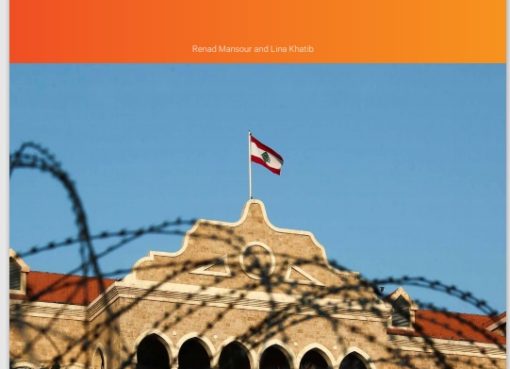Six years passed since the Iraqi government launched its Private Sector Development Strategy 2014-2030, aiming to reform regulatory frames and market conditions towards private sector-led growth. Several international partners (including UNDP, World Bank, GIZ, and USAID) also attempted to help realize some goals of the strategy. Along with the strategy, Iraqi leaders have always been advised to diversify the rentier economy to cope with their challenges of unemployment (at 13 per cent) and poverty (at 31.7 per cent), but things are not moving forward. The economy is still heavily state-dominated and crude oil-dependent, whereby oil revenues constitute more than 98 per cent of exports, 63 – 67 per cent of GDP, and up to 93 per cent of Federal Budget revenues.
What has hindered the private sector development (PSD) strategy remains as a set of institutional challenges. Although most of the challenges are technical, they can be addressed once a reformist political leadership is in charge. This article is an attempt to find out how the institutional challenges hindered the PSD strategy, assuming that institutions enforcing laws and regulating the private sector matter for economic growth. It also suggests some policy recommendations that could help to tackle the challenges given the current potentials and political constraints.
To continue reading click on following link








[…] Please click here to read the full report. […]